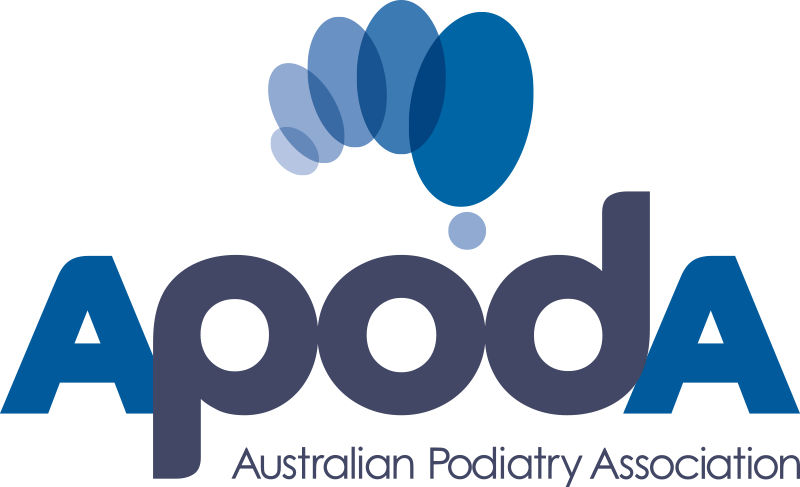Federal Government disappoints in aged care funding decision
Back in November 2020, the Federal Government announced an additional $132.2 million in funds towards the aged care COVID response. You can read more about this here.
This seemingly positive move is ultimately disappointing for the podiatry profession, given the funds will not be directed in any way towards podiatric services. This is despite ‘Recommendation 3’ of the Royal Commission in to Aged Care Quality and Safety, which clearly states:
“The Australian Government should urgently create Medicare Benefits Schedule items to increase the provision of allied health services, including mental health services, to people in aged care during the pandemic.”
Whereas the November 2020 funding announcement only allows for the provision of additional allied health sessions for physiotherapists, occupational therapists and exercise physiologists.
We have written to both the Minister for Health and Aged Care and the Minister for Senior Australians and Aged Care Services, to express these concerns.


 of members surveyed said that continuous advocacy by the APodA is very important. A large part of what we do at the APodA is advocate for podiatrists in all areas of government, across private health funds, the
of members surveyed said that continuous advocacy by the APodA is very important. A large part of what we do at the APodA is advocate for podiatrists in all areas of government, across private health funds, the  of those surveyed also indicated that industry updates are very important. Being a member of the APodA means industry updates are communicated directly to you in real time in language that can be easily understood. We work to take the jargon out of health department updates and tell you exactly what you need to know and how it affects podiatrists. This requirement became all the more essential as COVID rapidly gained momentum, and this situation still continues to unfold.
of those surveyed also indicated that industry updates are very important. Being a member of the APodA means industry updates are communicated directly to you in real time in language that can be easily understood. We work to take the jargon out of health department updates and tell you exactly what you need to know and how it affects podiatrists. This requirement became all the more essential as COVID rapidly gained momentum, and this situation still continues to unfold.